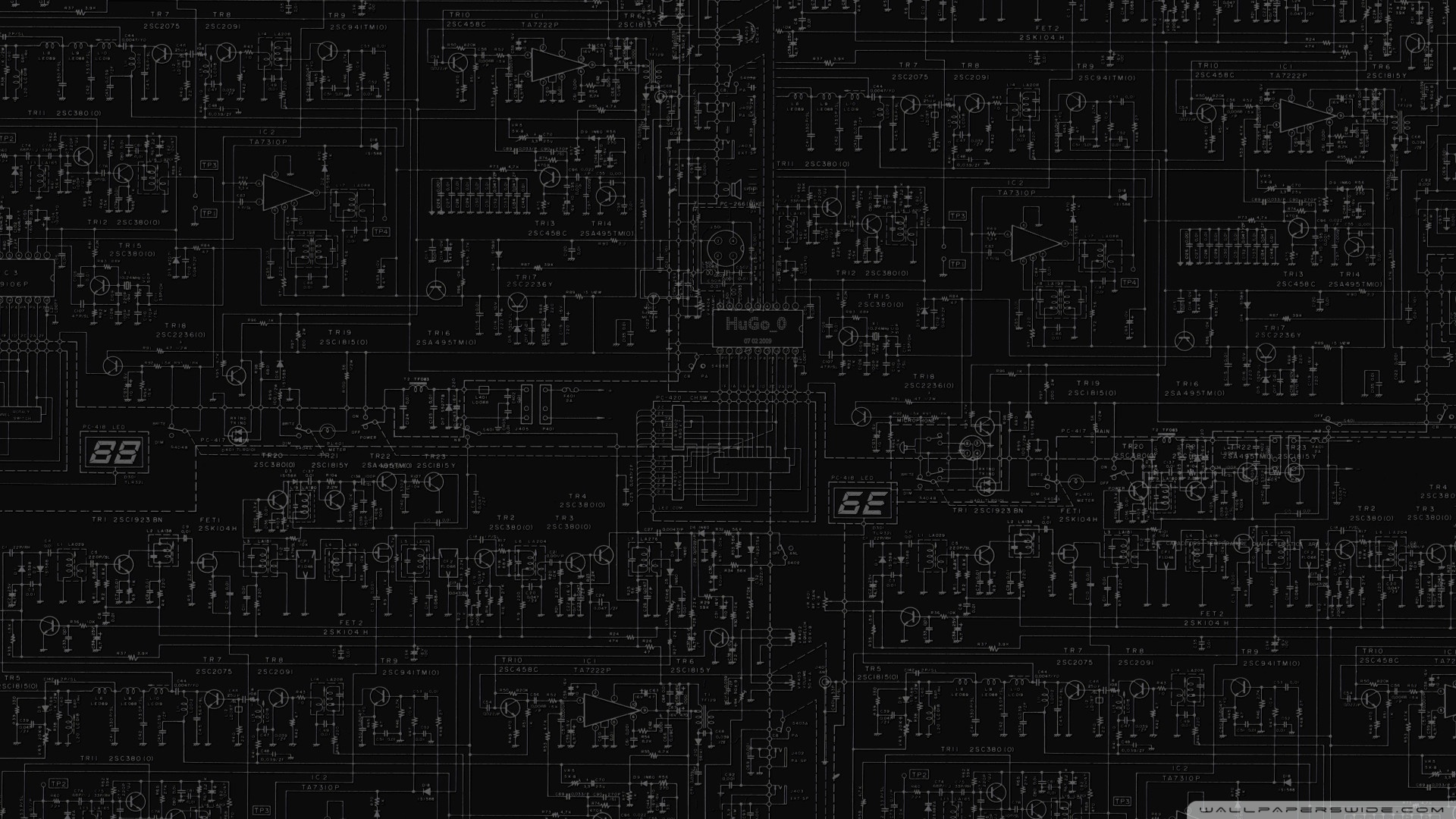Diminishing Returns Kick In:
CPUs priced over $240 offer rapidly diminishing returns when it comes to gaming performance. As such, we have a hard time recommending anything more expensive than the Core i5-4670K, especially since this multiplier-unlocked processor is easy to tune up to 4.3 GHz or so with the right cooler. Even at stock clocks, though, it matches or beats the old $1000 Gulftown-based Core i7-990X Extreme Edition in our benchmarks.
We have seen a small handful of titles benefit from Hyper-Threaded Core i7 processors, though. Because we believe this is a trend that will continue as developers optimize their software, we're including the Core i7-4770K as an honorable mention, now selling for $340. In a vast majority of games, the Core i7 won't demonstrate much advantage over the Core i5. But if you're a serious enthusiast who wants some future-proofing and values highly-threaded application performance, this processor may be worth the extra money.
In addition, there's certainly an argument to be made for using LGA 2011 as the ultimate gaming platform. LGA 2011-based CPUs have more available cache and as many as two more execution cores than the flagship LGA 1150/1155 models. Additionally, more bandwidth is delivered through a quad-channel memory controller. And with 40 lanes of third-gen PCIe connectivity available from Ivy Bridge-E-based processors (we're assuming that if you're building on X79 today, you're using a Core i7-4000-series chip), the platform natively supports two x16 and one x8 slot, or one x16 and three x8 slots, alleviating potential bottlenecks in three- and four-way CrossFire or SLI configurations.
Although they sound impressive, those advantages don't necessarily translate into significant performance gains in modern titles. Our tests demonstrate fairly little difference between a $240 LGA 1150 Core i5-4670K and a $1000 LGA 2011 Core i7-4960X, even when three-way graphics card configurations are involved. It turns out that memory bandwidth and PCIe throughput don't hold back the game performance of existing Sandy Bridge-, Ivy Bridge-, and Haswell-based machines.
Where we do see the potential for Ivy Bridge-E to drive additional performance is in processor-bound games like World of Warcraft or the multiplayer component of Battlefield 4. If you're running a three- or four-way array of graphics cards already, there's a good chance that you already own more than enough rendering muscle. An overclocked Core i7-4960X or -4930K could help the rest of your platform catch up to an insanely powerful arrangement of GPUs.
To summarize, while we generally recommend against purchasing any gaming CPU that retails for more than $240 from a value point of view (sink that money into graphics and the motherboard instead), there are those of you who have no trouble throwing down serious money on the best of the best, and who require the fastest possible performance available. If this describes your goals, the following CPUs may be for you:






